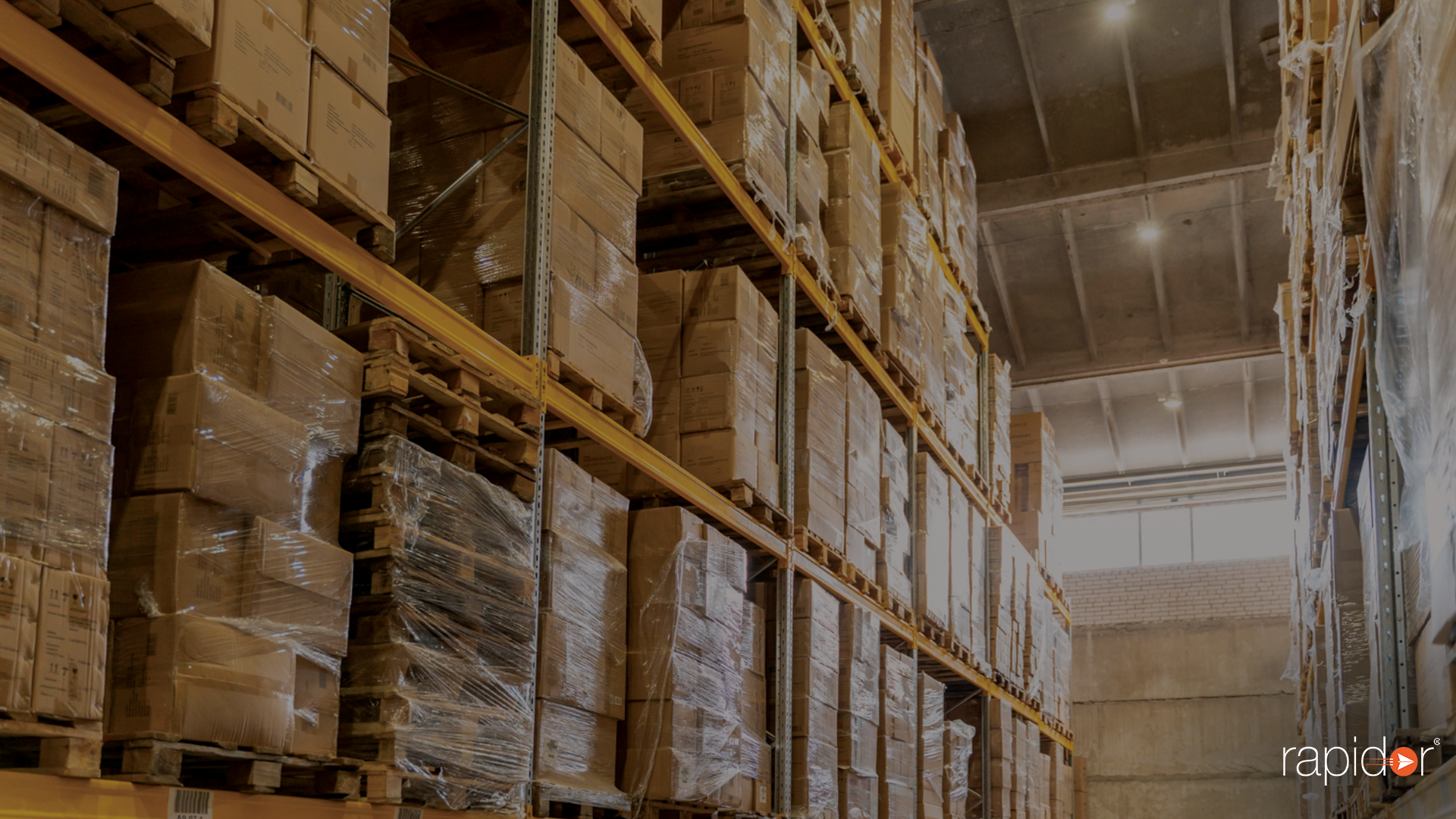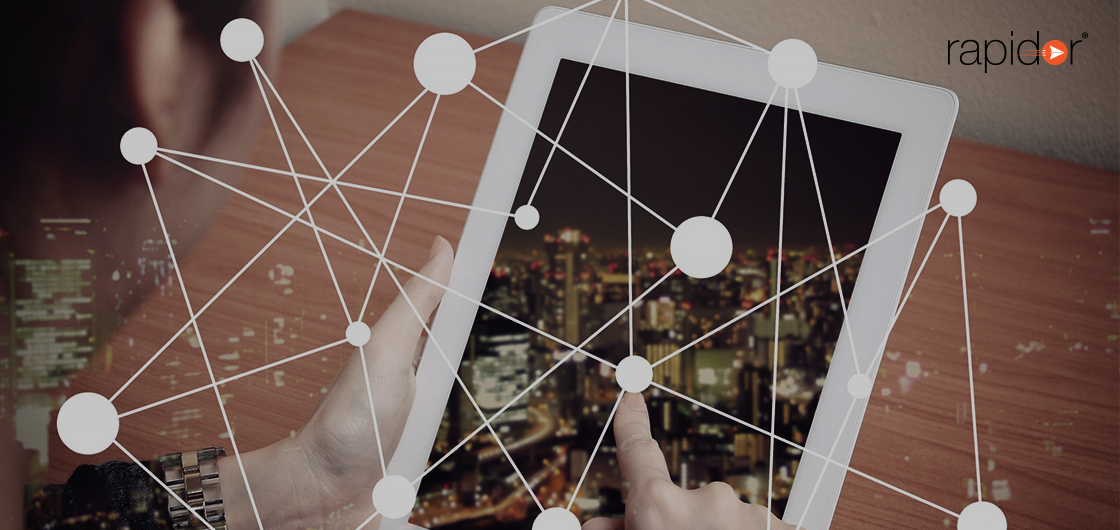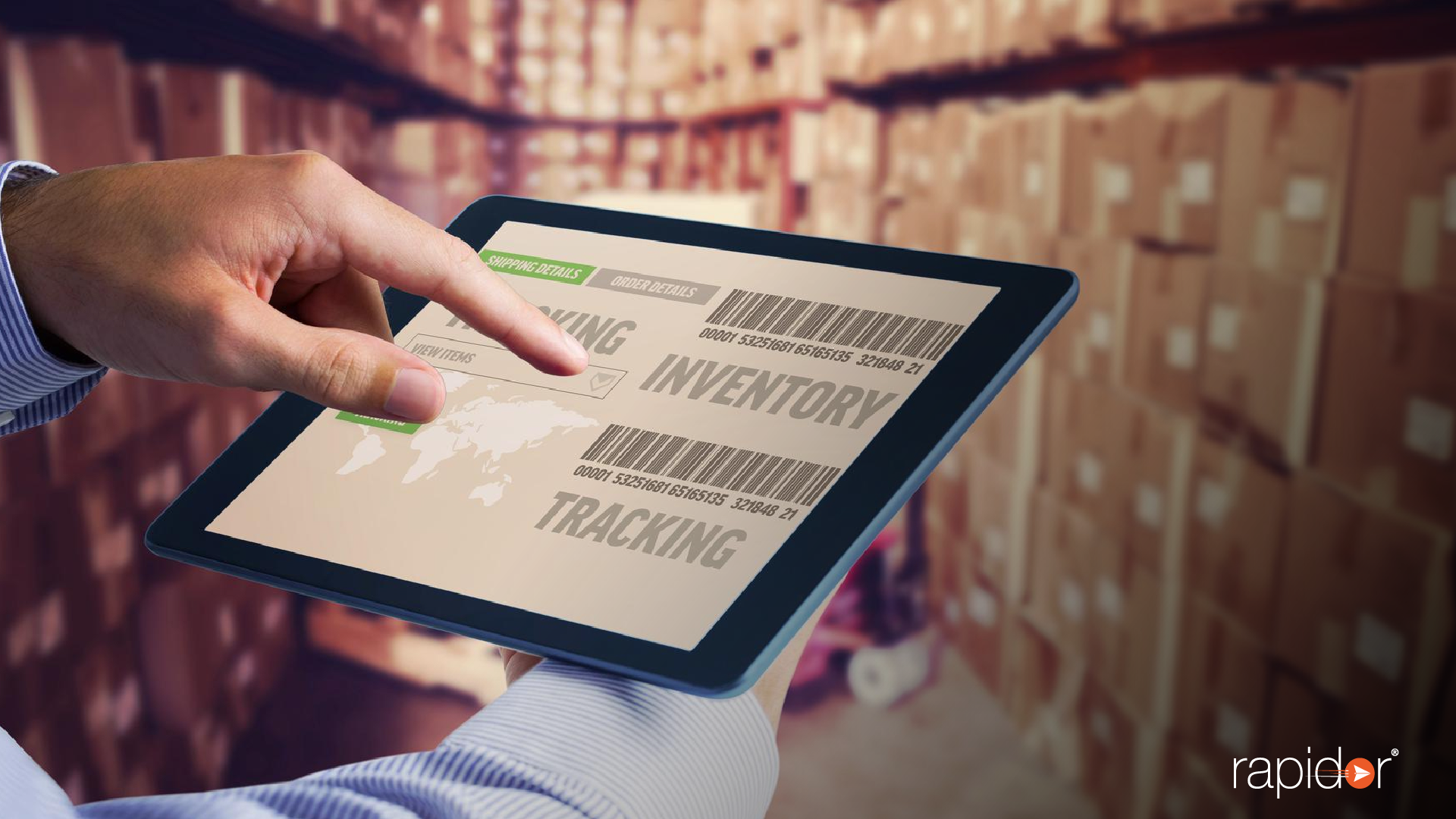In the era of technological advancement, the convergence of Artificial Intelligence (AI) and the Internet of Things (IoT) is reshaping industries, and the Fast-Moving Consumer Goods (FMCG) sector is no exception. While AI and IoT have made significant strides in production management, their transformative impact extends far beyond. This blog embarks on a journey to explore the boundless potential of AI and IoT technologies in revolutionizing various facets of the FMCG industry.
Expanding Horizons with AI & IoT in FMCG
The fusion of AI and IoT technologies has the power to revolutionize the entire FMCG ecosystem. Moving beyond production management, these technologies are redefining the landscape of supply chain operations, inventory management, and consumer experiences.
Enhancing Supply Chain Visibility
AI and IoT provide real-time insights into supply chain processes, enhancing visibility and allowing organizations to make informed decisions. This transparency minimizes bottlenecks and ensures the seamless flow of goods.
Optimizing Inventory Management
AI and IoT optimize inventory management by analysing data to prevent stockouts and minimize excess inventory. This leads to efficient resource allocation, reduced wastage, and improved profitability.
Personalized Consumer Experiences
Through data-driven insights, AI and IoT enable personalized consumer experiences. Organizations can tailor products and services to individual preferences, enhancing customer satisfaction and loyalty.
AI and IoT Applications in FMCG
The applications of AI and IoT technologies in the FMCG sector are as diverse as they are impactful, spanning various functions.
Demand Forecasting and Planning
AI-powered demand forecasting enhances accuracy by analysing historical data and market trends. This assists in effective planning, preventing understocking or overstocking.
Smart Packaging and Labelling
IoT-enabled smart packaging enhances traceability and authenticity. Consumers can access product information, authenticity verification, and expiration dates through their smartphones.
Predictive Maintenance of Equipment
AI and IoT are instrumental in predictive maintenance, which reduces downtime and operational costs. Organizations can schedule maintenance based on real-time equipment data, preventing costly breakdowns.
Challenges and Considerations
While the potential of AI and IoT in the FMCG industry is vast, there are challenges and considerations that demand attention during implementation.
Data Security and Privacy
Ensuring data security and privacy is paramount. Organizations must implement robust measures to protect sensitive consumer and operational data from breaches.
Integration Complexity
Integrating AI and IoT technologies into existing FMCG systems can be complex. Compatibility, interoperability, and ensuring minimal disruption require careful planning.
Real-World Case Studies
Real-world examples highlight the tangible impact of AI and IoT technologies in the FMCG industry.
Nestlé: Smart Packaging Implementation
Nestlé leveraged IoT technology to implement smart packaging, enabling consumers to access nutritional information and verify authenticity. This innovation enhanced consumer engagement and trust.
Procter & Gamble: Predictive Maintenance
Procter & Gamble utilized AI and IoT for predictive maintenance of production equipment. By analyzing equipment data, P&G reduced downtime, increased equipment lifespan, and improved operational efficiency.
Future Prospects and Impact
The horizon for AI and IoT in the FMCG industry holds transformative potential that goes beyond the present.
AI-Driven Product Innovation
AI has the capacity to drive product innovation through data analysis and consumer insights. Customization and rapid product development become achievable, fostering market differentiation.
IoT-Enabled Sustainability
IoT contributes to sustainability efforts by optimizing resource usage. From energy-efficient manufacturing processes to reducing waste, IoT technologies align with environmentally-conscious practices.
Conclusion
As the exploration of AI and IoT technologies beyond production management in the FMCG sector comes to a close, their potential for innovation and growth is undeniable. From enhancing supply chain visibility to delivering personalized consumer experiences, these technologies redefine the FMCG landscape.
Frequently Asked Questions
How can AI improve demand forecasting accuracy in the FMCG sector? AI enhances demand forecasting accuracy by analysing historical data, market trends, and external factors. This enables organizations to make informed predictions about future demand and adjust their production and inventory strategies accordingly.
What are the benefits of implementing smart packaging using IoT in the FMCG industry?
Implementing smart packaging using IoT technology offers several benefits. It enhances traceability, allows consumers to access product information and authenticity details, and promotes consumer engagement. This technology bridges the gap between producers and consumers, fostering transparency and trust.
How can FMCG businesses address data security concerns when adopting AI and IoT?
FMCG businesses can address data security concerns by implementing robust cybersecurity measures. This includes encryption, secure data storage, regular security audits, and compliance with data protection regulations. Additionally, educating employees about data security best practices is essential to prevent breaches.
How does AI enhance supply chain visibility in the FMCG industry?
AI enhances supply chain visibility by analysing vast amounts of data from various sources in real time. It identifies patterns, trends, and potential disruptions, providing organizations with actionable insights. This enables proactive decision-making, risk mitigation, and the ability to respond swiftly to changing market conditions.
What challenges might organizations face when implementing AI and IoT in the FMCG sector?
Organizations may encounter challenges such as data integration complexities, resistance to technological change from employees, and ensuring data security and privacy. Additionally, the upfront investment and training required for adopting AI and IoT technologies can pose initial hurdles. However, addressing these challenges through strategic planning and collaboration can lead to successful implementation and long-term benefits.


